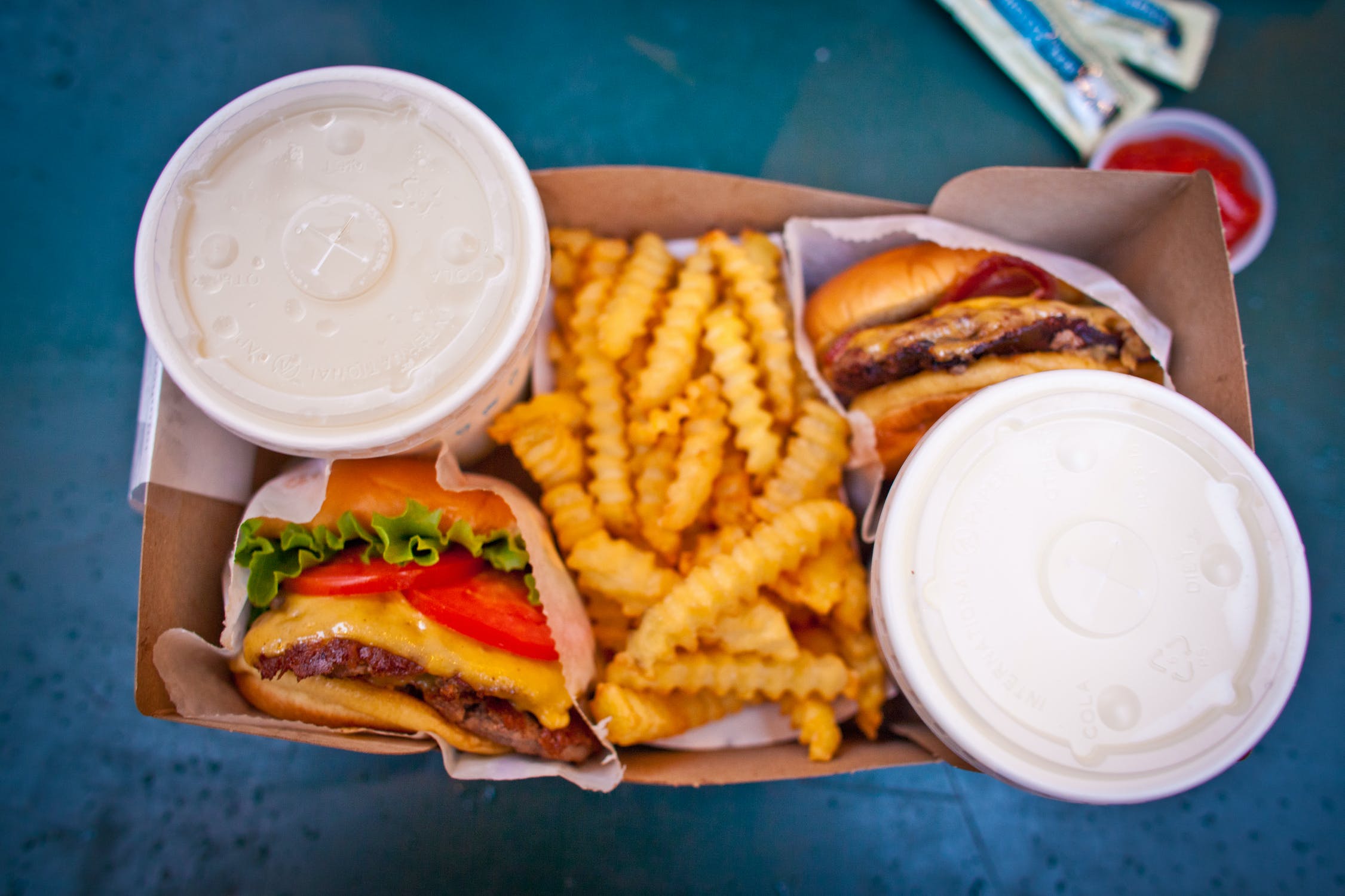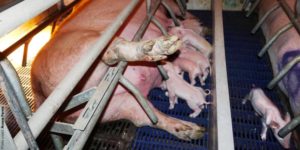My two favorite acronyms are SAD (Standard American Diet) and CRAP (Calorie Rich And Processed). Today, 71 percent of American adults are overweight and 40 percent of men and women appear to have so much body fat that they can be classified as obese.
In his latest, and so far, excellent book titled “How Not To Diet”, Dr. Michael Greger explains:
Our bodies are just doing what they were designed to do in the face of excess calories. Rather than some sort of disorder, weight gain may be largely a normal response, by normal people, to an abnormal situation. And with more than 70 percent of Americans now overweight, it’s literally normal.
For millions of years before we learned how to hunt, our biology evolved largely on leaves, roots, shoots, fruits, and nuts. Ironically, even the creationists agree that we started out plant-based in Eden’s garden. Maybe it would help if we went back to the basics and cut the CRAP.
The food industry blames inactivity. “If all consumers exercised,” said the CEO of PepsiCo, “obesity wouldn’t exist.” Coca-Cola went a step further and spent $1.5 million to create the Global Energy Balance Network to downplay the role of diet in the obesity epidemic. Leaked internal documents show the company planned on using the front group to serve as a “weapon” to “change the conversation” about obesity in its “war” with the public health community. (btw, the average American consumes 53 gallons of soda per year, and Coca Cola’s 2018 reported revenue exceeded $31 billion).
This tactic is so common among food and beverage companies it even has a name: leanwashing. You’ve likely heard of greenwashing, where companies deceptively pretend to be environmentally friendly. Leanwashing is the term used to describe companies that try to position themselves as helping to solve the obesity crisis when, instead, they’re directly contributing to it. For example, Nestlé, the largest food company in the world, has rebranded itself the “world’s leading nutrition, health and wellness company.” Yes, that Nestlé, of Nestlé Nesquik fame, makers of Cookie Crisp cereal and more than one hundred different brands of candy, including Butterfinger, Kit Kat, Goobers, Gobstoppers, Runts, and Nerds. Another of its slogans is “Good Food, Good Life.” Its Raisinets may have some fruit, but the company seems to me more Willy Wonka than wellness. Let’s just say that on its “What is Nestlé doing about obesity?” web page, the “Read about our Nestlé Healthy Kids programme” link gave me a Page Not Found error.”
In 2013, the American Medical Association voted to classify obesity as a disease against the advice of its own Council on Science and Public Health. Not that it necessarily matters what we call it—a rose by any other name would cause just as much diabetes—but disease implies dysfunction. Bariatric drugs and surgery are not fixing some physiological malfunction. Our bodies are just doing what they were designed to do in the face of excess calories. In other words, a propensity to pack on the pounds may have been a plus in prehistoric times but can turn into a liability when our scarcity-sculpted biology is plopped down into the land of plenty.
* Diet Trumps Genes: Do these genes make me look fat? The “fat gene” you may have heard about (called FTO, short for “FaT mass and Obesity associated”) is the gene most strongly linked to obesity, but it explains less than 1 percent of the difference between people (a mere 0.34 percent). When it comes to obesity, the power of your genes is nothing compared to the power of your fork.
Excerpts from: Michael Greger, M.D., FACLM. “How Not to Diet.” Also, dietitian Jeff Novick coined the acronym CRAP.




